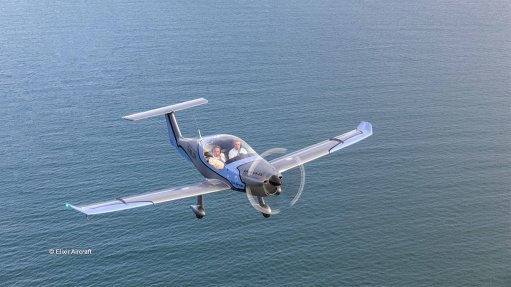
One of Elixir’s aircraft
Photo by: Elixir Aircraft
Europe-based global major aerospace group Airbus has announced that its wholly-owned civil and military pilot training subsidiary, Airbus Flight Academy Europe, has taken delivery of four new-generation two-seat training aircraft. Manufactured by a small French airframer, Elixir Aircraft, they are quieter and more fuel efficient than previous aeroplanes in this category.
“We are delighted to announce that, following the delivery of our very first Elixir aircraft, our cadets will now be flying this quieter, more fuel-efficient aircraft during the first flight phases of their training,” highlighted Airbus Flight Academy Europe president and CEO Jean Longobardi. “This is a first step towards the gradual modernisation of the training fleet to reduce the environmental impact of our academy.”
Increasing the sustainability of the academy’s training aircraft fleet is one of the reasons that the type is being acquired. Four more Elixir aircraft are currently on order.
The aircraft being supplied to Airbus are fitted with a cockpit specifically designed to meet the needs of the group’s flying academy. These cockpits include two Electronic Flight Instrument Systems. These will prepare the cadet pilots for the cockpit technologies found in the most advanced commercial airliners flying today.
The academy is open to trainees from all around the world, who are more than 18 years old and have graduated from high school. Candidates are screened, using both online and on-site processes, before being accepted for training. The training syllabus involves more than 800 hours of ground school and 200 hours of flight and simulator training. The academy’s throughput is about 80 pilot cadets a year.
Elixir Aircraft, which currently has some 80 employees, is based in La Rochelle in France, and achieves its improved sustainability performance by reducing the weight and complexity of its aircraft. The company has successfully adapted composites technology, used to build competitive sailing yachts, to the aviation sector. It uses the Oneshot Carbon approach to produce strong yet simple airframe structures. For example, the wings of its aircraft (it currently produces only one type) contain no ribs or spars.